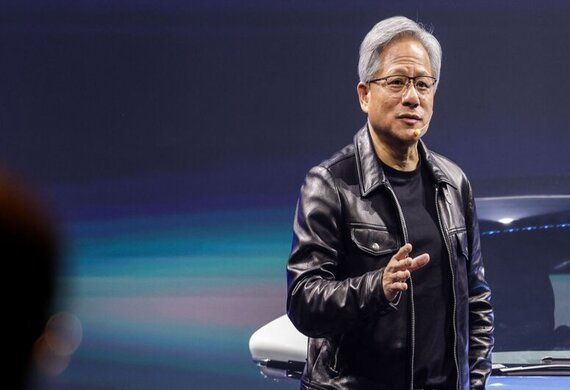Jensen Huang to Unveil Latest AI Innovations at Taiwan's Computex
By Global Leaders Insights Team | May 19, 2025

Nvidia CEO Jensen Huang is scheduled to open the Computex trade show in Taiwan on Monday, where he will discuss the company's advances in artificial intelligence server systems, cloud computing products, and robotics.
Huang's 90-minute presentation will begin at 11:00 a.m. (0300 GMT) in Taipei Music Hall.
Previously focused on the PC industry, the Santa Clara, California-based company has used its presence at Computex to launch new graphics cards for video games. Nvidia debuted a new line of graphics chips earlier this year at the CES show in Las Vegas.
However, Nvidia has expanded beyond its roots as a video game graphics chip manufacturer to become the dominant producer of chips that have powered the AI frenzy that has gripped the tech industry since ChatGPT's launch in 2022.
According to Reuters, Nvidia is developing central processing units (CPUs) that will run Microsoft's Windows operating system and incorporate Arm Holdings technology.
Huang sparked "Jensanity" in Taiwan last year at Computex, when the public and media flocked to the CEO, who was mobbed by trade show attendees.
During Nvidia's annual developer conference in March, Huang outlined how the company would position itself to address the shift in computing needs from large AI models to applications based on them.
In a speech lasting more than two hours, Huang unveiled several new generations of AI chips, including the Blackwell Ultra, which will be available later this year.
The Rubin chips will be followed by Feynman processors, which are scheduled to arrive in 2028.
Nvidia also released a desktop version of its AI chips, DGX Spark, aimed at AI researchers.
Computex, which runs from May 20 to 23, is expected to attract 1,400 exhibitors. It will be the first major meeting of computer and chip executives in Asia since US President Donald Trump threatened to impose sweeping tariffs to encourage companies to increase production in the United States.
.jpg)



